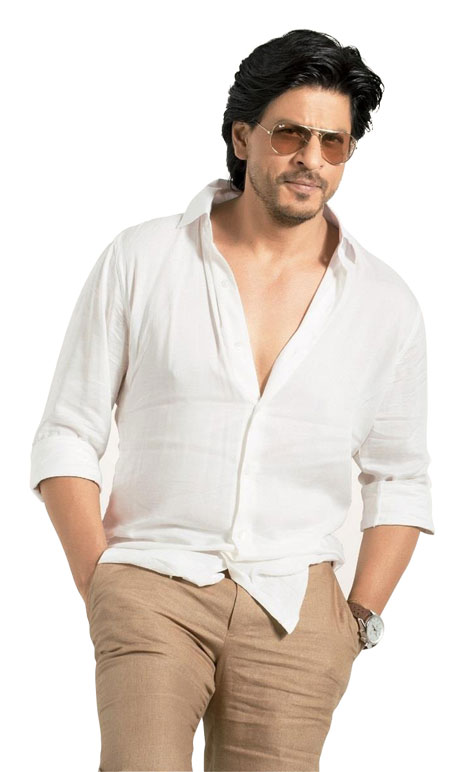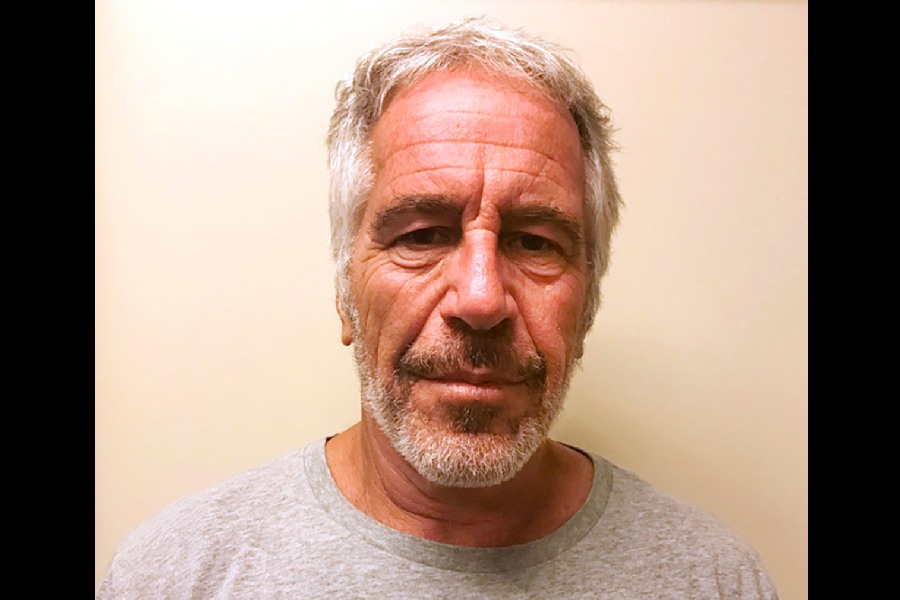I have sat on the couch at the therapist’s more than once, and like Alia Bhatt’s Kaira I have loved going back there, time and again. Before you jump and ask me for his number, let’s be clear, my therapist is not Shah Rukh Khan and he definitely does not go cycling with me around Rabindra Sarobar. To my knowledge, the likes of him in Calcutta haven’t started holding ‘outdoor sessions’ by the Lakes yet.
I look forward to going back, if the need arises, for the same reason as Kaira — the conversations. We both love how we can rattle off things we wouldn’t share with anyone, not even the 3am friend, and how we can do so without the fear of being judged. We love that the doctor talking to us gets where we are coming from and can have a good laugh with us sometimes, and often that’s half the job done.

I believe the film’s director Gauri Shinde is in our team too. You can see that she can see therapy — or counselling, if you prefer — for what it is: an opportunity to know ourselves a little better and, in turn, make better choices in life. That is what makes Dear Zindagi comforting like a warm cup of coffee, once you get past how hot Shah Rukh Khan looks when he’s not shaving in November or how awesome Alia Bhatt is at such a tender age and after you are done with critically dissecting the film’s merit as a work of art.
I don’t have the hush-hush ‘mental issues’. I have emotional issues… and, well, who doesn’t? Is that enough to knock on the therapist’s door? Dear Zindagi believes so and I couldn’t agree more. Thank you Gauri, for doing a favour by stripping therapy of its clandestine connotation, the idea prevalent even among our educated that therapy is meant only for the unhinged, or that only the unhinged need therapy.
On that note, if the words ‘mental health’, which Dear Zindagi harps on, feel a little intimidating, there’s a more pleasant term to work with —‘emotional well-being’. What the film tells me is that it’s okay to seek professional help for your emotional well-being. You don’t need to wrestle with your feelings and be pushed to the brink of a nervous breakdown to make the appointment with a counsellor seem legit to yourself and to your family/friends.
Feeling stuck at the job? Got a writer’s/painter’s block? Have recurrent bad dreams? Don’t get along with mum/dad? The relationship/marriage is going nowhere? Or just feeling confused, bored, dissatisfied.... Sounds like nothing much, but aren’t these the little things that need tending to be happy?
Can’t these be thrashed out over some cappuccinos or a drink with the best friend who knows us best? The friend won’t make much headway because they are too invested in us to offer a fresh perspective and they really can’t do what someone trained in the ways of the mind can do — connect the dots. Like Shah Rukh’s Dr Jehangir Khan does for Kaira, helping her see how an unresolved issue from her past is continually shaping her present.
Why do people get hooked to the conversations, like Kaira? Because after some amount of beating around the bush, these steer you towards the root of the problem. And once you have the first ‘aha’ moment, you often can’t wait to get to work on the ‘jigsaw puzzle’ that your mind is.
Those who have been to counsellors that treat you like school students and dispense gyan with the authority of a sage or a Sigmund Freud, please note that the therapist-client model shown in Dear Zindagi is from the real world too.
It is an accepted style (minus the outdoor activities) and it even has a name — person-centred therapy, developed by Carl Rogers in the 1940s-50s (yes, we are that dated) which adopts a non-direct, empathic approach to the client. Basically, it means the therapist and you are on the same level, and both of you need to work together to figure out a way for you. More than anything else, the focus of the therapist is to encourage you to be your authentic self, even if it means confessing that you have fallen for him/her.
So how do you know a good therapist from a bad one? A good therapist will never try to fix you or rescue you from the mess you are in. They will not jump to conclusions or take the lead, but nudge you to discover what you already know deep down. They will be ever respectful of the therapist-client boundaries and will be mindful that you don’t start leaning on them like an emotional crutch.
If a therapist asks you to cut the crap and get to the point, call time out and run. When you find someone who is looking for the crap, know that you have found your Shah Rukh Khan. Your DD, the Dimaag ka Doctor. Actually, make that Dil ka Doctor!
Reshmi Sengupta
Has Dear Zindagi helped you talk about your problems?
Tell t2@abp.in










